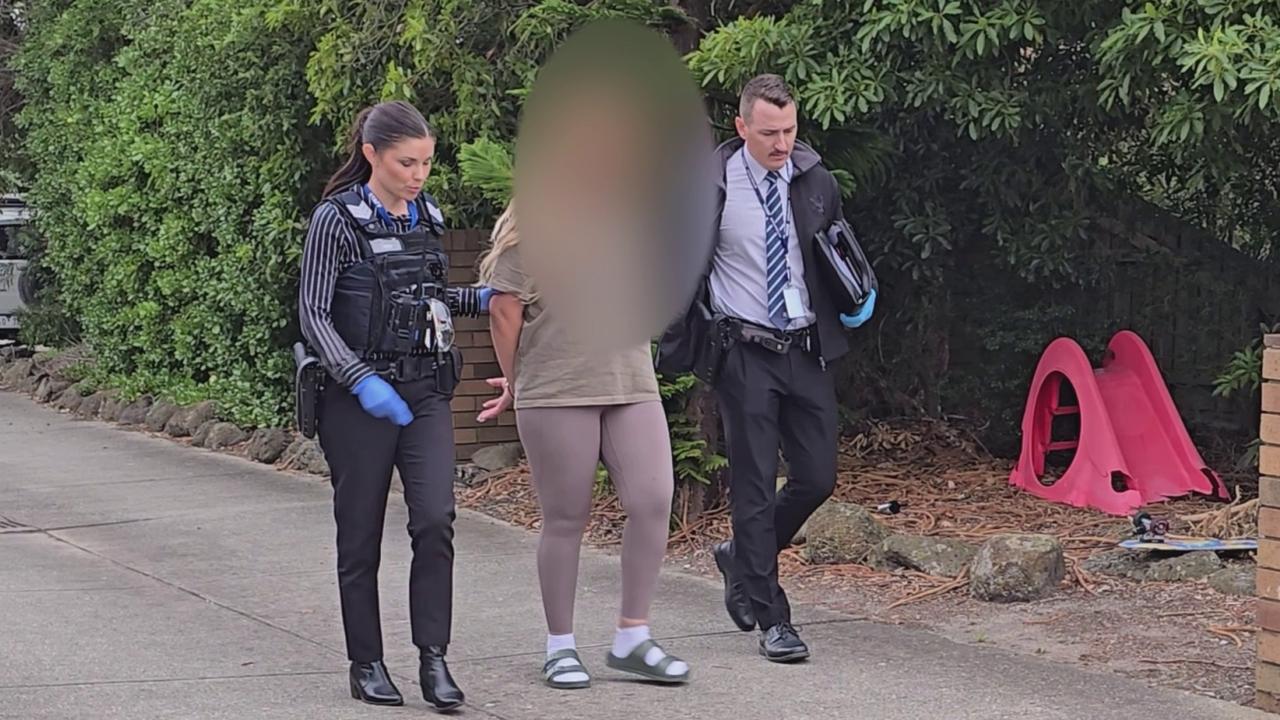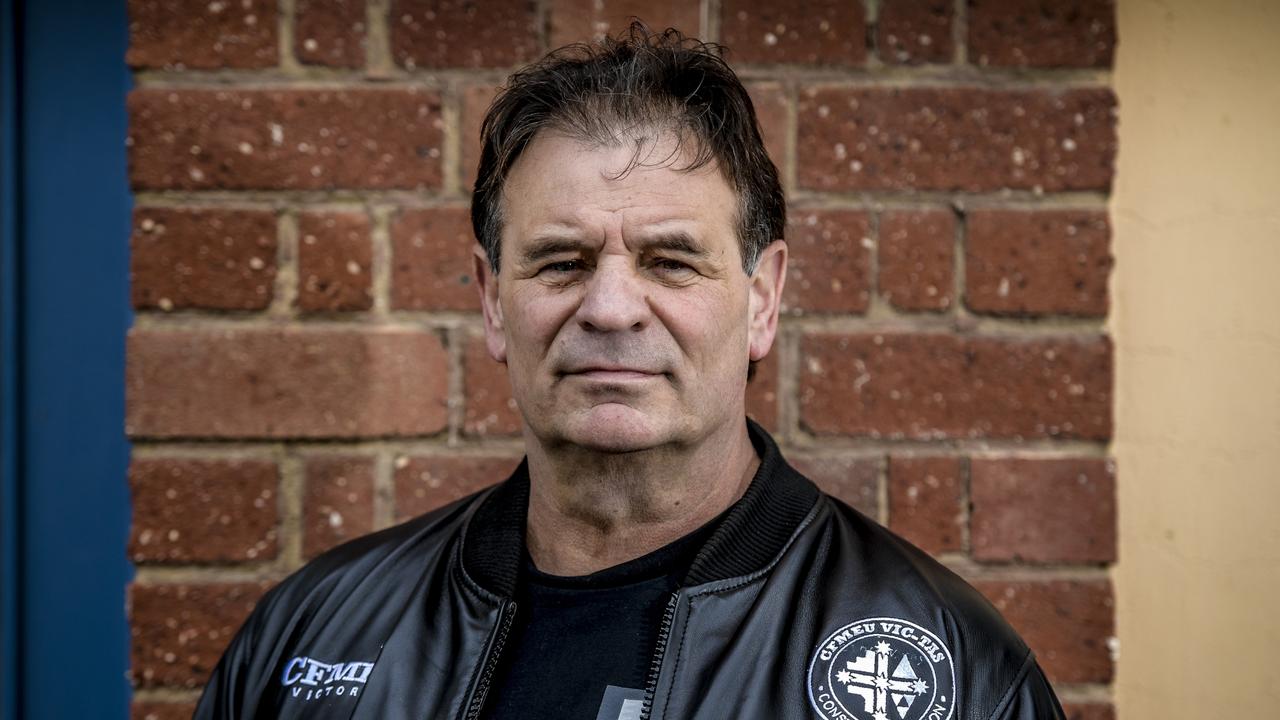Andrews under pressure from Indigenous community
The family of a woman who died in custody call for the offence of public drunkenness to be scrapped.

The family of Tanya Day, a Yorta Yorta woman who died in the custody of Victoria Police, are calling on Victorian Premier Daniel Andrews to scrap the offence of public drunkenness.
More than 80 organisations have signed an open letter to the Premier to abolish the crime, including support service Djirra, the Victorian Aboriginal Community Controlled Health Organisation and the National Aboriginal and Torres Strait Islander legal services.
Belinda Stevens, Ms Day’s eldest daughter, said her mother would still be alive if the law had been scrapped.
“Our mum should have never been arrested and she should have never been locked up. She should be with us today,” she said.
“The Andrews government must get rid of discriminatory and unfair laws like public drunkenness so that no other family has to live with this grief.”
Ms Day’s death is currently the subject of a coronial inquiry. Coroner Caitlin English took the unusual step of saying in her opening statement that she would recommend the offence of public drunkenness be abolished at the probe’s conclusion.
Ms Day, then 55, was travelling from Echuca to visit her daughter in December 2017 when she was arrested because she appeared drunk and could not produce her ticket.
She died from a brain haemorrhage after falling five times while in a police cell.
A vigil was held for Ms Day and other Indigenous Australians who died in police custody this evening at Atherton Gardens in Melbourne’s inner north.
Today is the 28th anniversary of the royal commission into indigenous deaths in custody.
Ms Day’s uncle Harrison died in police custody over failing to pay for public drunkenness. His case was heard at the 1991 commission, which recommended the offence be abolished.
Ruth Barson from the Human Rights Law Centre, which is representing the family at the inquiry, said Ms Day could still be alive if the offence had been abolished like the inquiry recommended.
“What’s so tragic about the Tanya Day Case is if the offence had been abolished as recommended by the royal commission almost 30 years ago Tanya Day wouldn’t have been arrested and locked up,”
“That’s precisely why her family are pushing this reform in such impassioned away,” she said.
“They don’t want another family to endure the heartbreak they have not had to endure not once but twice.”
A government spokesman said they were unable to comment due to the inquiry.
“It would be inappropriate to comment on an individual matter currently being investigated by the Coroner.” he said.
Ms Day’s family will call for the coroner to consider the role racism played in the death of Ms Day at the next directions hearing on April 30.
A petition calling on Premier Daniel Andrews to appeal the law has garnered more than 7,000 signatures.



